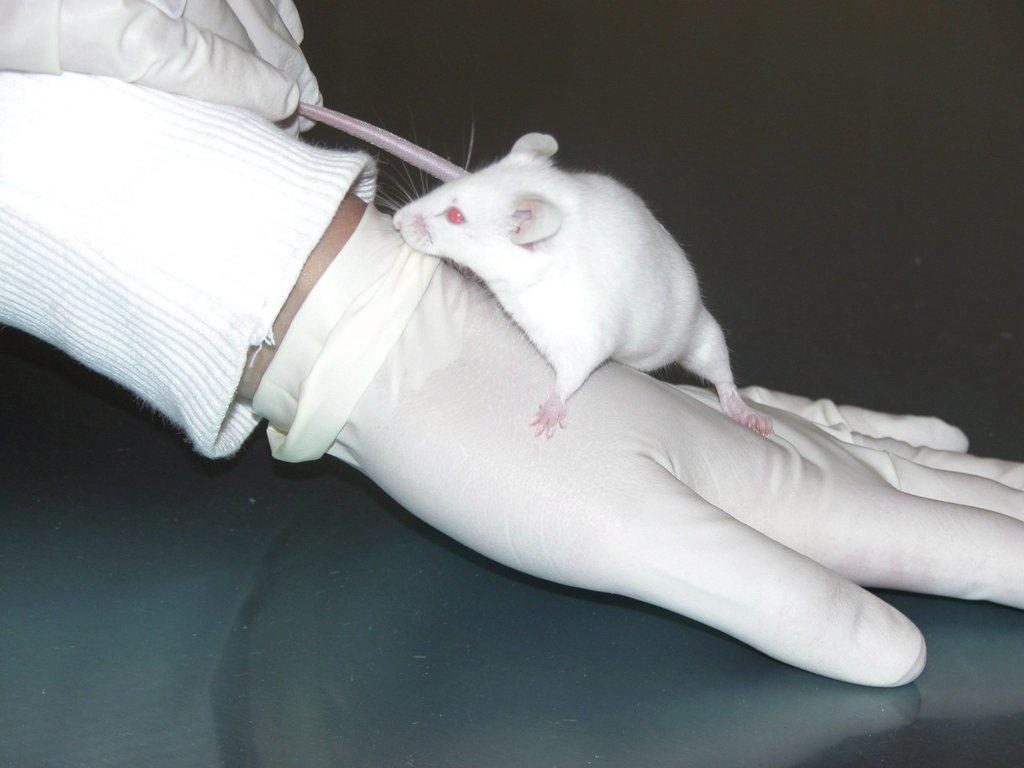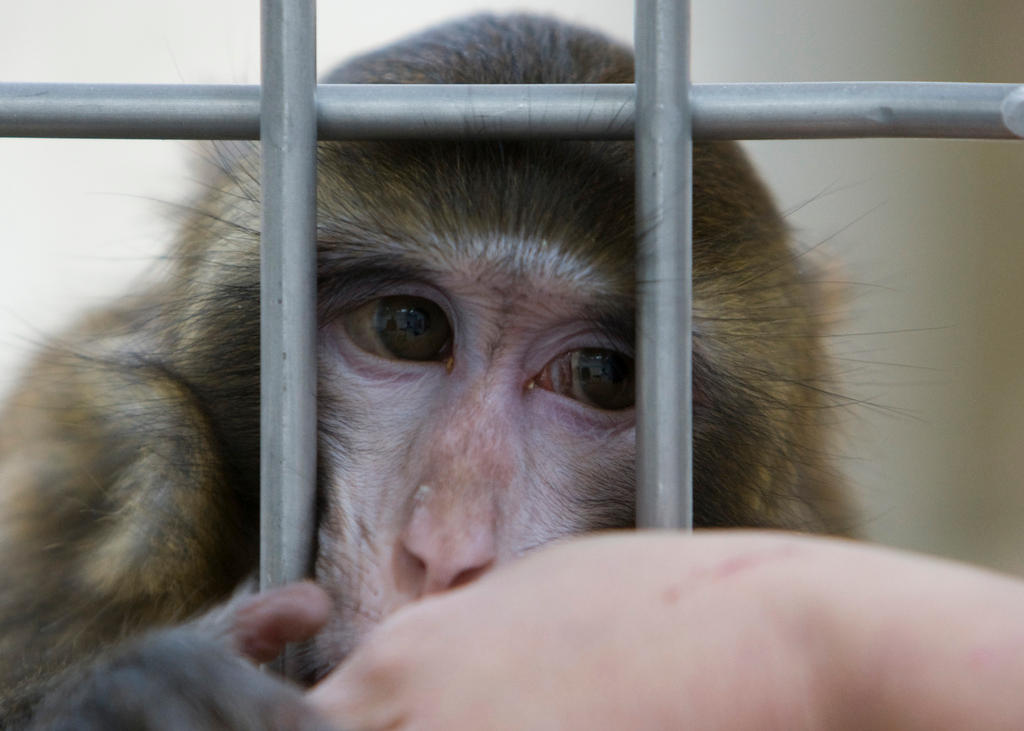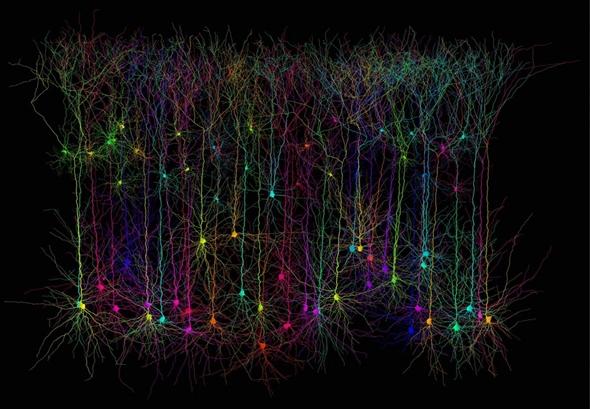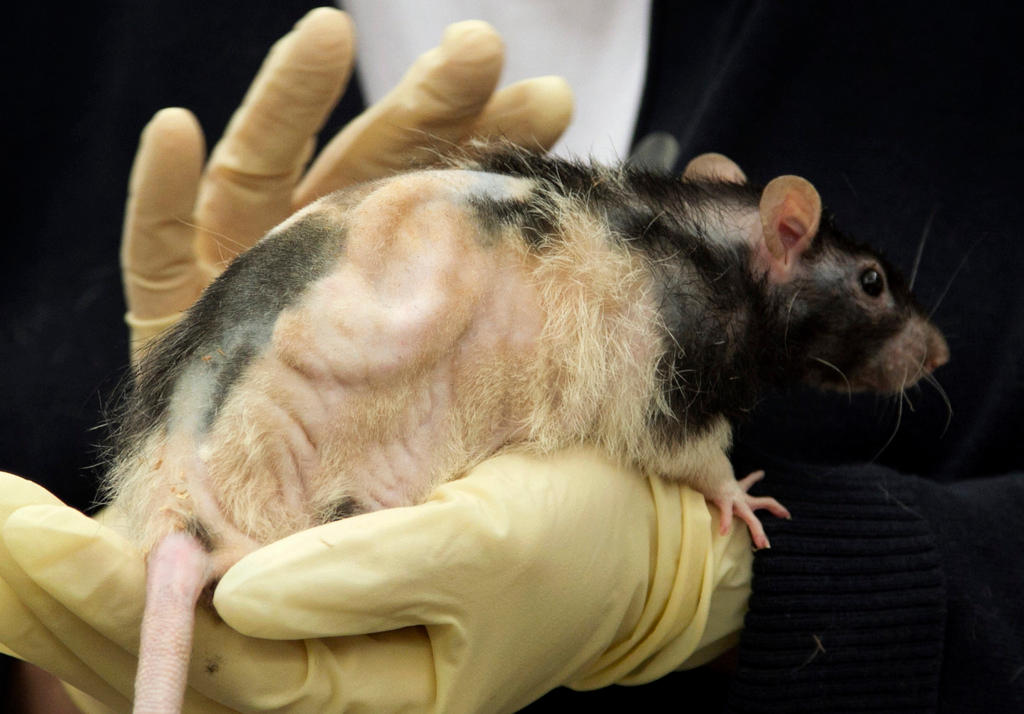Lab collaboration could boost reproducibility of animal experiments

Involving a diversity of labs and conditions in scientific experiments using animals – rather than one single setting – could improve study reproducibility as well as reduce the overall number of animals used, Bern researchers have found.
Traditionally, scientists conduct experiments in highly standardised experimental settings to enhance reproducibility – i.e., to make it easier for other scientists to check their results by repeating the same experiment under the same conditions.
But a study published on Thursday in the journal PLOS BiologyExternal link, led by researchers from the University of Bern, found that this approach tends to yield results that only apply under those same, specific set of circumstances. The authors propose that including multiple laboratories in scientific experiments could not only improve the reproducibility of the results, but also lead to fewer animals being needed for research overall by reducing the number of inconclusive experiments.
The researchers came to this conclusion after running computer simulations of 440 studies of 13 experimental treatments for stroke, heart attack and breast cancer in animal models. They then compared the results obtained from single- and multi-lab studies. To simulate multi-laboratory studies, researchers combined data from several individual studies testing the same experimental question, as though they had been performed together.
They found that while the results from single-lab studies varied widely, those involving two to four different research groups using the same total sample size yielded results that were much more similar to each other, suggesting greater reproducibility.
“Our study shows that the standardisation of animal experiments is an important cause of irreproducibility, because with standardisation, relevant biological variation is hidden,” said study leader Hanno Würbel of the University of Bern Department of Animal Welfare in a press statement.External link
The researchers also showed that their findings for the single-lab experiments had nothing to do with a smaller sample size; in fact, larger sample sizes made those results even less reliable.
Therefore, the authors conclude that more diverse experiments carried out in collaboration across different laboratories are needed. While this approach might at first involve more experimental animals than standardised studies, the authors explain that overall it could result in fewer animals being used for replicate experiments, and could therefore “prevent using animals and other resources for inconclusive research”, Würbel said.

More
Petition launched against university’s experiments on monkeys

In compliance with the JTI standards
More: SWI swissinfo.ch certified by the Journalism Trust Initiative



You can find an overview of ongoing debates with our journalists here. Please join us!
If you want to start a conversation about a topic raised in this article or want to report factual errors, email us at english@swissinfo.ch.